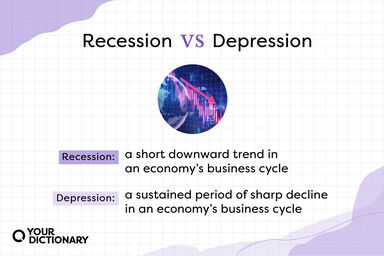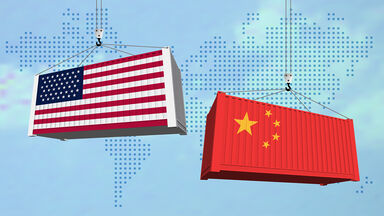Instead of facing the difficulties, the president preferred to put off the day of reckoning by flooding the country with inconvertible notes, with the result that the financial crisis became more and more aggravated.
The amount of capital which parliament authorized railway companies to raise was about 42 millions on the average of the two years 1842-1843, 174 millions in 1844, 60 millions in 1845, and 132 millions in 1846, though this last sum was less than a quarter of the capital proposed in the schemes submitted to the Board of Trade; and the wild speculation which occurred in railway shares in 1845 contributed largely to the financial crisis of 1847.
In 1769 he wrote his Memoire sur les prrts a interet, on the occasion of a scandalous financial crisis at Angouleme, the peculiar interest of which is that in it the question of lending money at interest was for the first time treated scientifically, and not merely from the ecclesiastical point of view.
Shortly before starting for the Russian expedition Napoleon vainly tried to reassure the merchants and financiers of France then face to face with a sharp financial crisis.
In May 1879 the misgovernment of Ismail Pasha and the resulting financial crisis rendered the deposition of the khedive inevitable; in order to anticipate the action of England and France, who would otherwise have expelled the erring viceroy, the sultan deposed him himself; the succession devolved upon his son Mahommed Tewfik Pasha.





